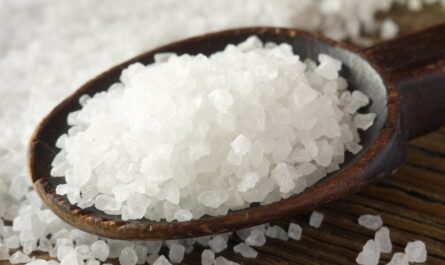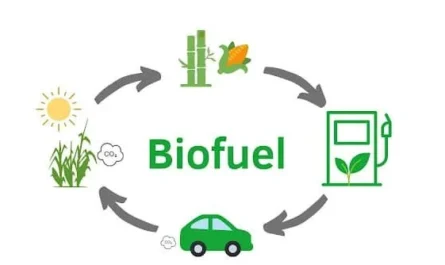Thermosetting plastics represent a class of plastics that are heat resistant and do not melt when exposed to high temperatures. Unlike thermoplastics which soften and re-harden on heating, thermosetting plastics undergo permanent chemical changes when heated and hardened into insoluble and infusible polymers.
Thermosetting plastics, also known as thermosets, are polymers that strengthen and harden permanently when heated. Once thermosets undergo heat-curing, they cannot be remelted or remolded. This makes thermosets ideally suited for applications requiring high heat resistance such as electronics, construction materials, cookware etc.
Some of the most common types of thermosetting plastics include epoxy resins, polyester resins, phenol-formaldehyde resins and melamine resins. Thermosets are usually sold as liquids or resins and are mixed with hardeners before being molded into their final shapes through a curing process where polymer chains are cross-linked.
Chemical Composition and Curing Process
At the molecular level, thermosetting plastics contain chemical bonds that interlink molecular chains when exposed to heat or other catalysts. This cross-linking process involves creating covalent bonds between polymer chains that bind them rigidly and prevent re-softening.
In epoxy resins, the epoxide groups react with polyamine hardeners through ring-opening reactions forming cross-linked structures. Polyester resins use styrene monomer as the cross-linking agent. When cured with a peroxide initiator, polyester resins form cross-linked polyester polymers. Phenol-formaldehyde resins undergo polycondensation and cross-linking when heated above 150°C forming infusible three-dimensional networks.
Properties and Applications
Some key properties of Thermosetting Plastics that make them suitable for various applications include:
– Heat Resistance: Thermosets retain their hardened structure and properties up to very high temperatures sometimes over 200°C. This makes them ideal for applications involving heat exposure.
– Chemical Resistance: The cross-linked chemical structure provides resistance to chemicals like acids, alkalis and solvents. Thermosets find use in wastewater systems, fuel tanks, chemical plants etc.
– Electrical Insulation: Phenol formaldehyde and epoxy resins are used extensively as electrical insulators in electronics, transformers etc due to their heat resistance and electrical properties.
– Construction Materials: Fiber reinforced polyester resins are used to make products like bathtubs, sinks, furniture etc that need durability, strength and water resistance.
– Adhesives and Coatings: Epoxy and polyurethane thermosets form durable adhesive and coating products for metal bonding, vehicle underbody coatings requiring corrosion protection.
Environmental and Economic Factors
While thermosets offer performance advantages, their economic and green credentials are limited compared to thermoplastics. Thermosets generate more waste during production since off-cuts and unused resin cannot be remelted and reprocessed.
However, advances in resin chemistry and recycling technologies are making thermosets more sustainable. Novel plant-based bioresins reduce dependency on petrochemical feedstocks. Technologies to depolymerize cured thermosets back into their monomers or oligomers enable closed-loop material recovery. Continuous efforts to develop cost-effective and environment-friendly thermosetting systems will drive their future growth.
Thermosetting plastics have found widespread use wherever durability, heat and chemical resistance are key requirements. Their cross-linked molecular structure provides unique performance benefits. Though challenges remain in recyclability, ongoing research and novel material development routes are making thermosets more economical and sustainable for the future. Their usage will continue expanding in industries like automotive, aerospace, infrastructure and electronics manufacturing.
*Note:
1. Source: Coherent Market Insights, Public sources, Desk research
2. We have leveraged AI tools to mine information and compile it




